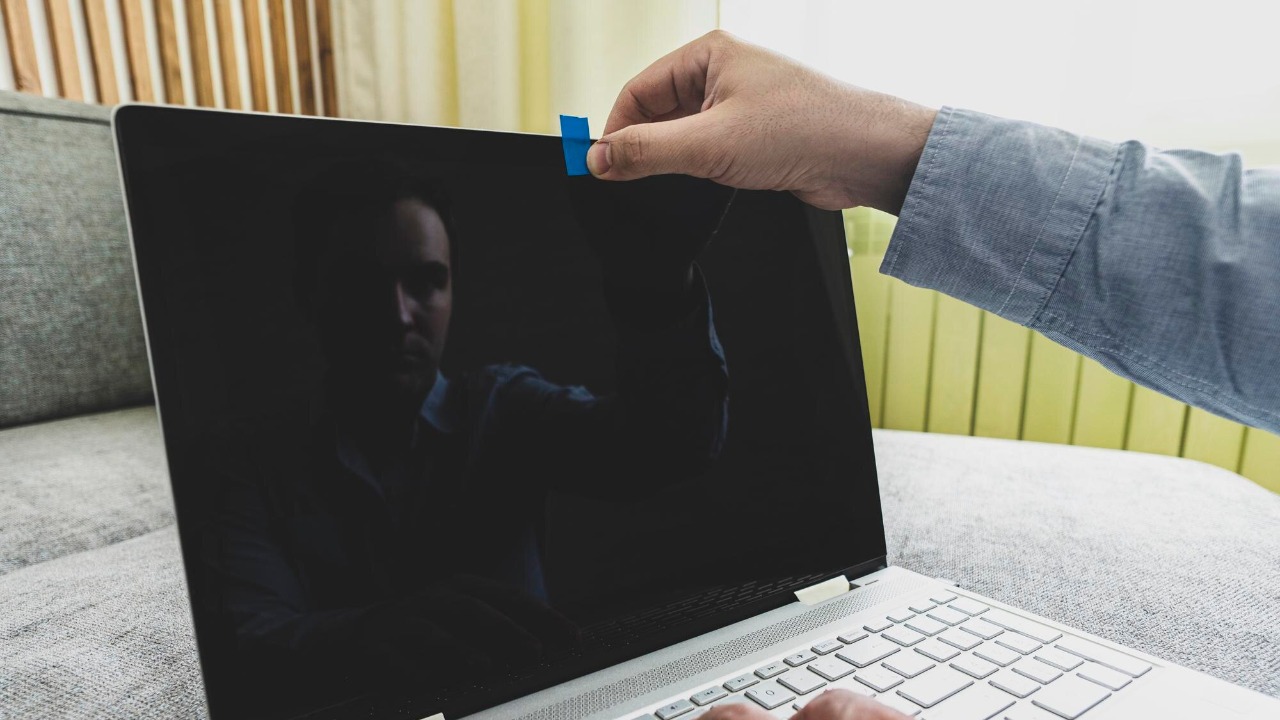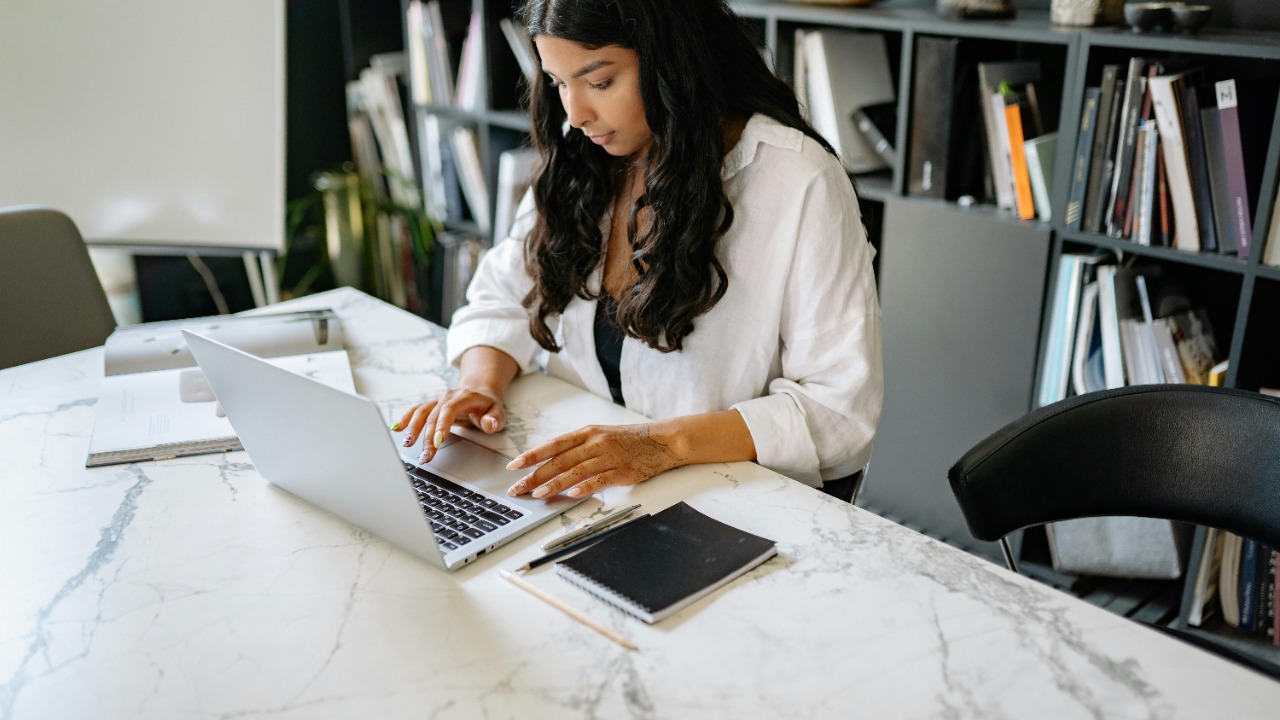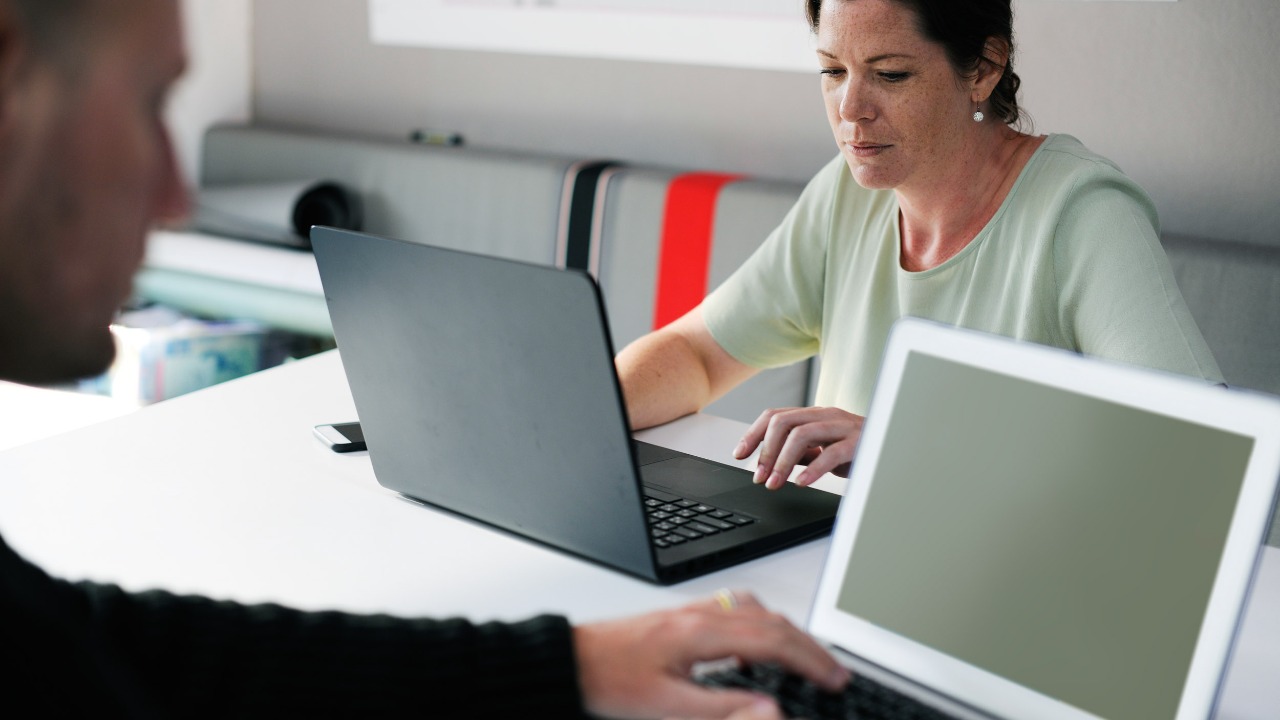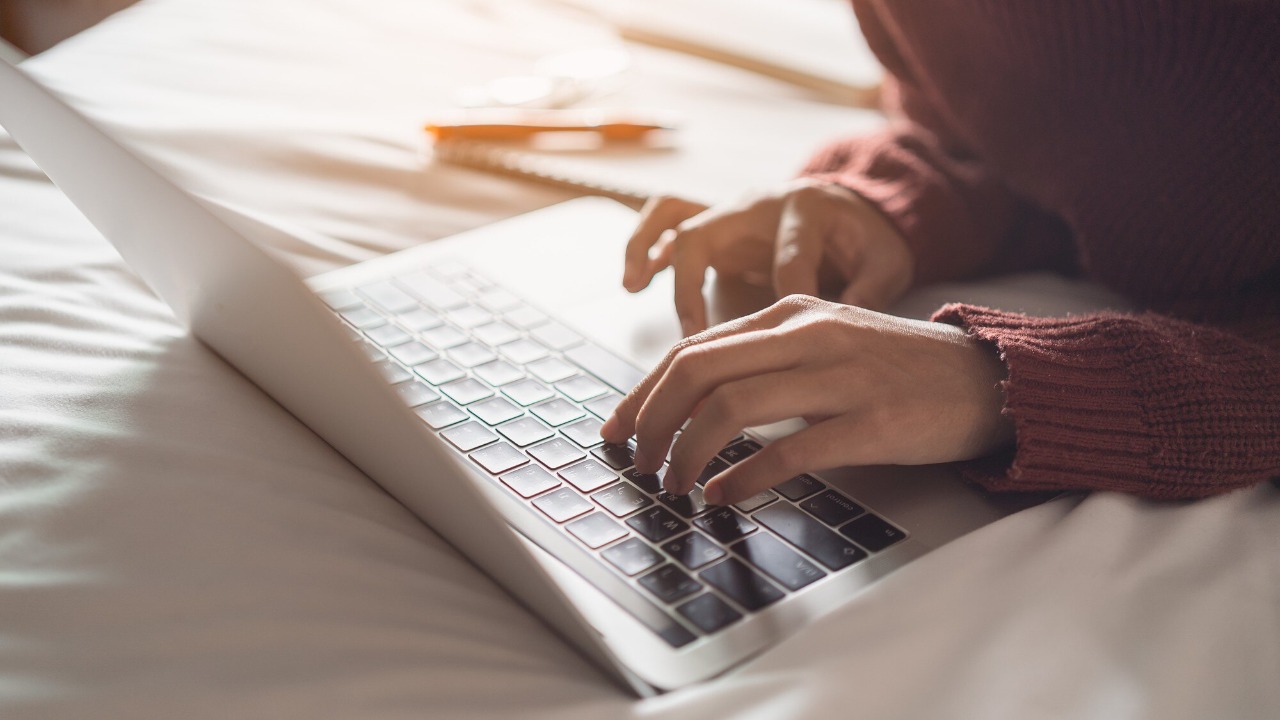
In an era where digital privacy is of utmost concern, the possibility of your laptop camera being hacked is a frightening thought. With cyber threats on the rise, it’s crucial to recognize the warning signs that your camera may be compromised. This guide provides a comprehensive understanding of identifying the telltale signs of a hacked laptop camera and how to safeguard your privacy.
Recognizing Unusual Laptop Behavior

One of the most immediate signs of a potentially compromised laptop camera is its sudden activation. If you notice the camera light turning on without any direct interaction, this should raise a red flag. Such occurrences might indicate that someone has gained unauthorized access to your camera. For instance, users have reported their camera lights flickering on during odd hours, even when no video-enabled applications are open. It’s crucial to be vigilant and monitor when and how frequently this happens.
Another indicator of unauthorized access is a decline in your laptop’s performance. If you experience unusual system slowdowns or glitches, these could be signs that malicious software is running in the background. Hacked cameras often coincide with other malware activity that can strain system resources. Additionally, encountering unexpected pop-ups or unfamiliar programs could signal that malware affecting your camera is present. These pop-ups, often masquerading as legitimate software updates or security alerts, might be designed to deceive you into installing further malware.
Investigating Software and Settings

To ensure your laptop camera has not been compromised, it’s essential to periodically review installed applications. Look for any unfamiliar or suspicious software that might have control over your camera. Sometimes, seemingly harmless applications can harbor malicious intent. For instance, apps that promise enhanced webcam features might, in fact, be designed to hijack your camera. It’s advisable to regularly audit your installed programs and remove any that you don’t recognize or no longer use.
Checking camera permissions is another critical step. Audit application permissions to ensure that only trusted apps have access to your laptop camera. On most operating systems, you can manage these permissions through the privacy settings. Make sure that only essential applications, such as video conferencing tools, have the necessary permissions. Additionally, keeping your operating system and applications up-to-date is vital for protecting against vulnerabilities. System updates and security patches often contain fixes for newly discovered security flaws. Regularly updating can help shield your camera from being exploited by hackers.
Using Security Tools to Detect Intrusions

Employing security tools can be an effective way to detect potential intrusions on your laptop. Antivirus and anti-malware scans are fundamental in identifying and removing malicious programs that might be accessing your camera. These tools can detect known malware signatures and alert you to their presence. Regular scans should be part of your routine to ensure your device stays clean. Additionally, consider network monitoring tools to keep an eye on unusual data transmission that could indicate a hacked camera. These tools can help you spot unauthorized access attempts by monitoring data traffic to and from your device.
Specialized privacy software can also play a pivotal role in protecting your camera. Tools like these are designed to alert you when your camera is in use, providing an extra layer of security. Some advanced solutions not only notify you but also allow you to block unauthorized access attempts in real-time. These privacy-focused applications can be a valuable addition to your security arsenal, complementing traditional antivirus solutions.
Protective Measures to Secure Your Camera

Physical security is one of the simplest yet most effective measures to prevent unauthorized access to your camera. Using a physical camera cover ensures that even if someone gains control over your camera, they won’t be able to see anything. Consumer Reports suggests that camera covers are an easy and inexpensive way to safeguard your privacy.
For those who prefer a more technical approach, temporarily or permanently disabling your laptop camera through system settings can be a viable option. Most operating systems allow users to disable the camera via device manager or privacy settings. This measure can be particularly useful if you rarely use your camera or want to ensure maximum security when not using it. Additionally, implementing two-factor authentication adds an extra layer of security, protecting your system from unauthorized access. This method requires a second form of verification, such as a code sent to your phone, making it significantly harder for hackers to gain entry.
Seeking Professional Help

Sometimes, despite your best efforts, you may still suspect that your laptop camera has been hacked. In such cases, consulting tech support can be a wise decision. Professionals can perform a thorough diagnosis of your device to identify and rectify potential hacking issues. They have the expertise to detect sophisticated threats that might be beyond the reach of standard security tools. Additionally, if you come across persistent suspicious activity, it’s crucial to report hacking attempts to relevant authorities for further investigation. This not only helps you but also contributes to broader cybersecurity efforts by alerting authorities to emerging threats.
Staying informed is essential for maintaining robust cybersecurity. Understanding the latest threats and best practices can help you keep your devices secure. Regularly reading cybersecurity news, joining forums, and participating in related workshops can enhance your knowledge and awareness. By staying proactive and informed, you can better protect your digital privacy and reduce the risk of your laptop camera being compromised.